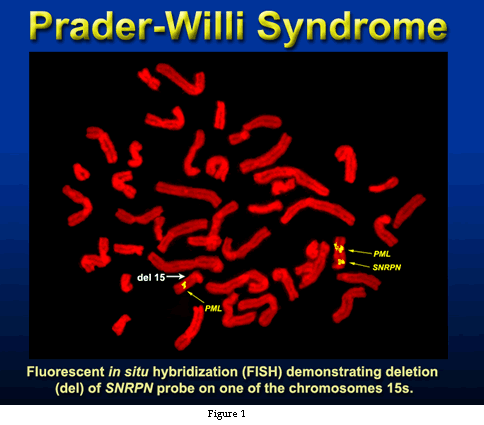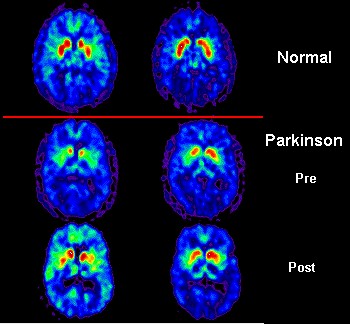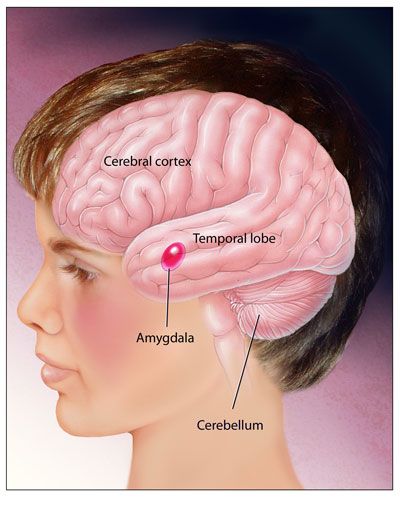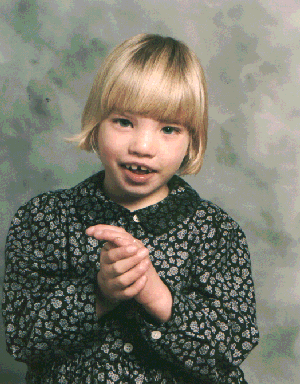Genetic disorders and genetic disease occur when mutations occur in DNA or when something goes wrong with chromosomes during cellular division, replication, etc. Genetic disorders differ from non-genetic conditions in a variety of ways - usually, most genetic disorders and conditions present themselves at birth or sometime in a young age. Genetic disorders and diseases could not be treated at one time at all due to their genetic cause - gene therapy hopes to remove this obstruction rapidly and quickly. The following page explores some commonly-known
genetic diseases and conditions, including their history, causes,
symptoms and prevalence. Although all of the information has been collected from reliable sources, it is important to remember: never
self diagnose Always visit a doctor if you have any questions, issues
or concerns about any of these or other diseases and conditions. Klinefelter Syndrome Cause: Males with Klinefelter's Syndrome receive an extra X chromosome, thus giving them 47 rather than the normal 46 chromosomes (an extra sex chromosome). Primarily Affects: Males. It is the most common sex chromosome disorder in males. Discovered By: Dr. Harry Klinefelter Symptoms: Reduced fertility,
neurophysiological impairments in terms of execution, smaller testicles,
gynecomastia (increased breast tissue), rounded body, etc.(Citation 9) Turner's Syndrome Cause: Turner's Syndrome is caused by a condition known as Monosomy (absence of entire chromosome) of X chromosome for females. Primarily Affects: Females Symptoms: Low-set ears, webbed neck, broad chest, non-working ovaries, hypothyroidism, diabetes, vision problems, neuro/cognitive deficiency, congenital heart disease, etc. Prader-Willi Syndrome Cause: Seven genes are deleted or unexpressed on chromosome number 15 Primarily Affects: Equal frequency of males and females. Symptoms: In utero: reduced movement, often-occurring abnormal fetal positions. At birth: lethargy, feeding difficulties, hypotonia. In infancy: excessive sleeping, scoliosis. In childhood: sleep disorders, excessive weight gain, speech delay, hyperphagia (over-eating). In adolescence: delayed puberty, obesity, extreme flexibility. In adulthood: infertility, extreme flexibility, hypotonia, decreased pubic hair. Adults with Prader-Willi Syndrome also often have increased amount of central fat, narrow foreheads, almond-shaped eyes, and delayed motor development.(Citation 10) Down Syndrome Cause: In most cases, Down syndrome occurs when there is an extra copy of chromosome 21. This form of Down syndrome is called Trisomy 21. Primarily Affects: Equal frequency for males and females. Symptoms: Symptoms of Down Syndrome include small ears, small mouth, upward slanting eyes, flattened nose, decreased muscle tone at birth, wide hands, delayed mental development, eye problems, hearing problems, hypothyroidism, hip problems, sleep apnea, etc.(Citation 11) Alzheimer's Disease Cause: Cause of AD is not entirely known, but is thought to include both genetic and environmental factors. People with particular variation in gene MTHFD1L may be nearly twice as likely to develop late- onset Alzheimer’s disease, the most common kind. Primarily Affects: Equal frequency for males and females. Generally more prevalent in old age. Symptoms: Forgetfulness of recent
events and conversations, difficulty in multi-tasking, difficulty in
solving problems, misplacing entities, language problems, flat mood,
change in sleep patterns, difficulty reading or writing, poor judgment,
loss of ability to reason or to recognize danger, difficulty doing basic
activities, loss of ability to recognize family, inability to
understand language, swallowing problems, etc.(Citation 12) Parkinson's Disease Cause: Parkinson's disease is caused by slow destruction of dopamine-producing nerve cells in the brain. The cause for this may be more than likely genetic. Primarily Affects: Sometimes more males than females. Ratio varies by country. Symptoms: Automatic movements (such
as blinking) slow or stop, drooling, lack of expression in the face,
shaking, tremors, quieter speech, monotone voice, rigid or stiff
muscles, confusion, dementia, memory loss, fainting, impaired balance,
muscle aches and pains, etc.(Citation 13)(Citation 14) Autism Cause: Multiple (suspected) genetic and environmental causes. Children inheriting mutated form of a gene on chromosome 11, for example, are unable to break down amino acid phenylalanine. Phenylalanine is a common component of many food proteins. If the deficiency, called phenylketonuria (PKU), goes undetected, the child will develop mental retardation. Geneticists now believe that as much as 90 percent of the behavioral phenotype of autism is related to inherited genes Primarily Affects: Males more than females, although a specific type of developmental disorder exists only in females, called Rett Syndrome. Symptoms: Symptoms vary by placement on autism spectrum. General symptoms include difficulty in social interaction and pretend play in childhood, difficulty to start or to maintain conversations, repeated body movements, unusual attachment to objects, slow development of language, repetition of memorized word, withdrawn behavior, lack of sensitivity in terms of stimulus, narrow interests, short attention span, etc. Cancer Cause: Cancer has many various genetic and non-genetic causes. Breast cancer, for example, is caused by inheriting a variation of the BRCA 1 or BRCA 2 gene. The Cancer Gene Index is a collection of records on 6,955 human genes identified from the literature as having an association with cancer. Primarily Affects: Both males and females with mostly equal frequencies. Cancer exists in various forms, and prevalence varies according to form as well; Breast cancer, for example, primarily affects females. Symptoms: The symptoms of cancer vary from the type, form, and intensity of the cancer. Generally, most cancers cause fever, loss of appetite, fever, weight loss, uncontrollable growth of an area with a tumor, fatigue, malaise, etc(Citation 17) Fragile X Syndrome Cause: In Fragile X Syndrome, expansion of a single trinucleotide gene sequence (CGG) on the X chromosome occurs. This results in a failure to express the protein coded by the FMR1 gene. Primarily Affects: Males more severely than females. Symptoms: Mental retardation, tendency to avoid eye contact, speech and language delays, hyperactive/impulsive behavior, long face, large body size, flat feet, soft skin, oversized testes in males who have reached puberty, large forehead or ears, prominent jaw, etc.(Citation 18)(Citation 19) Cri Du Chat Syndrome Cause: Cri Du Chat ("Cry of the cat") Syndrome is caused by missing portions of chromosome 5. Primarily Affects: Both males and females, with females having a slightly higher frequency. Symptoms: Symptoms of Cri Du Chat Syndrome include a
high pitched cry in infants which is similar to that of cats, mental
retardation, small head, small jaw, low birth weight, slow growth,
abnormally shaped or low-set ears, slow or incomplete development of
motor skills, wide set eyes, webbing or fusing of fingers or toes,
downward slanted eyes, low muscle tone, separated abdominal muscles,
etc.(Citation 20)(Citation21)(Citation 22)
| Unfortunately, genetic disorders span across much of the length of the human chromosomes. Gene therapy, however, can certainly provide treatment for many of these disorders. The typical characteristics/symptoms of Klinefelter's Syndrome and Turner's Syndrome. Shown on the left is a girl affected with Turner's Syndrome. On the right is a karyotype (chromosomal representation) or Turner's Syndrome. Do you notice the missing X chromosome?  A display of the condition of the chromosomes in Prader-Willi Syndrome Typical characteristics/symptoms of Down Syndrome.  A diagram showing a normal, functioning brain and the brain during Alzheimer's disease. Accompanied with the typical symptoms are delayed neurological response mechanisms.  A brain scan display showing normal brain and Parkinson's disease brain.  Various areas of brain affected by an autism spectrum disorder The various forms of genetic defect leading to cancer Enhanced model of possible pathways involving carcinogenesis  Children with Fragile X Syndrome  |